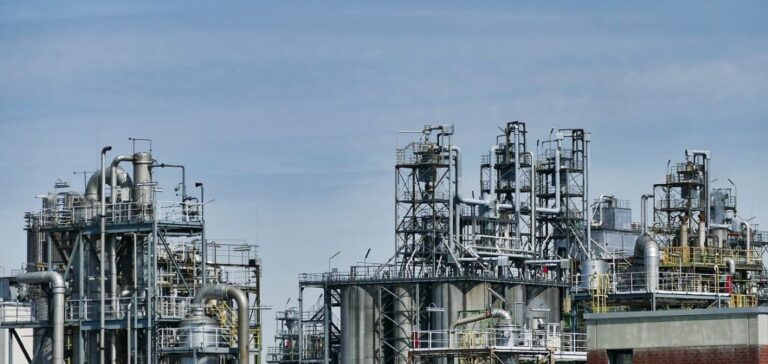Russia began exporting fuel to Iran by rail for the first time this year, according to industry sources and export data.
Fuel exports by rail: a promising option for strengthening trade between Iran and Russia
The move comes as traditional buyers of Russian fuel avoid trade with Moscow in response to Western sanctions imposed over what Russia calls its “special military operation” in Ukraine. Iran, which is also under Western sanctions, is seeking to strengthen economic ties with Russia to undermine the sanctions regime.
Both countries are looking for ways to circumvent sanctions and increase trade, with fuel exports by rail emerging as a promising option.
Fuel exports from Russia to Iran are supplied by rail via Kazakhstan and Turkmenistan. While Russia had previously supplied small volumes of fuel to Iran by tanker via the Caspian Sea in 2018, the shift to rail transport has become necessary due to the impact of Western sanctions on global fuel markets. Tankers are now taking longer routes and suppliers are choosing more exotic destinations and modes of transport to avoid the restrictions imposed by the sanctions.
Challenges in rail transport do not hinder ambitions for economic cooperation between Russia and Iran
Iran is an oil producer and has its own refineries, but its consumption has recently exceeded domestic fuel production, particularly in the northern provinces. As a result, exports of diesel and gasoline from Russia to Iran by rail are expected to increase this year.
However, exports by rail face bottlenecks along the route, raising concerns about logistics and the potential impact on export volumes. Despite these problems, Russia and Iran remain committed to deepening economic ties and finding new ways to circumvent Western sanctions.
For example, Russia’s recent fuel exports to Iran by rail underscore the importance of closer economic ties between the two countries as they seek to undermine Western sanctions and boost trade. Although there are challenges associated with rail transportation, it represents a promising new avenue for expanding economic cooperation between Russia and Iran. As both countries continue to explore ways to circumvent sanctions, more innovation in transportation and logistics is likely to emerge.






















